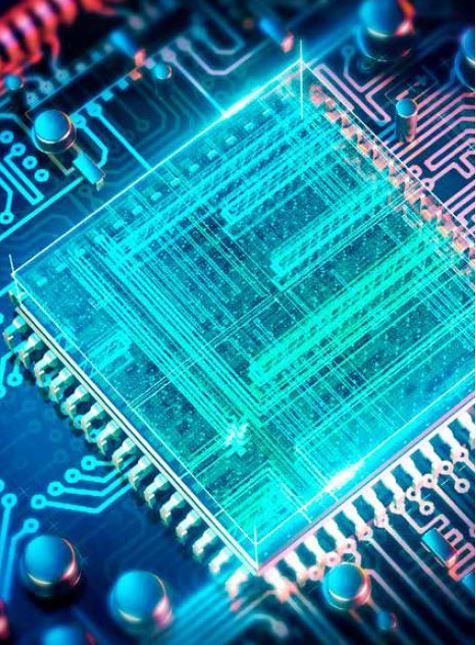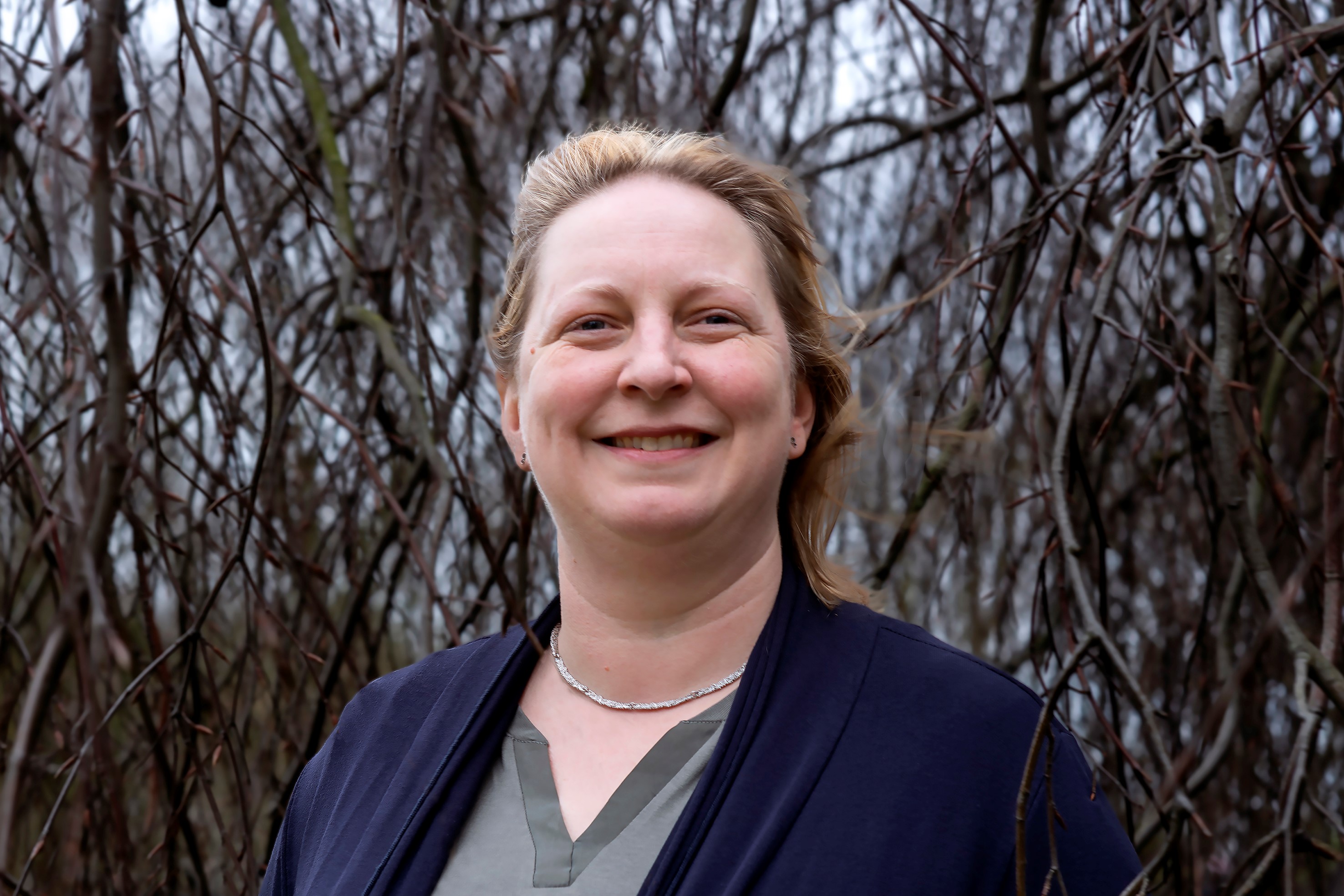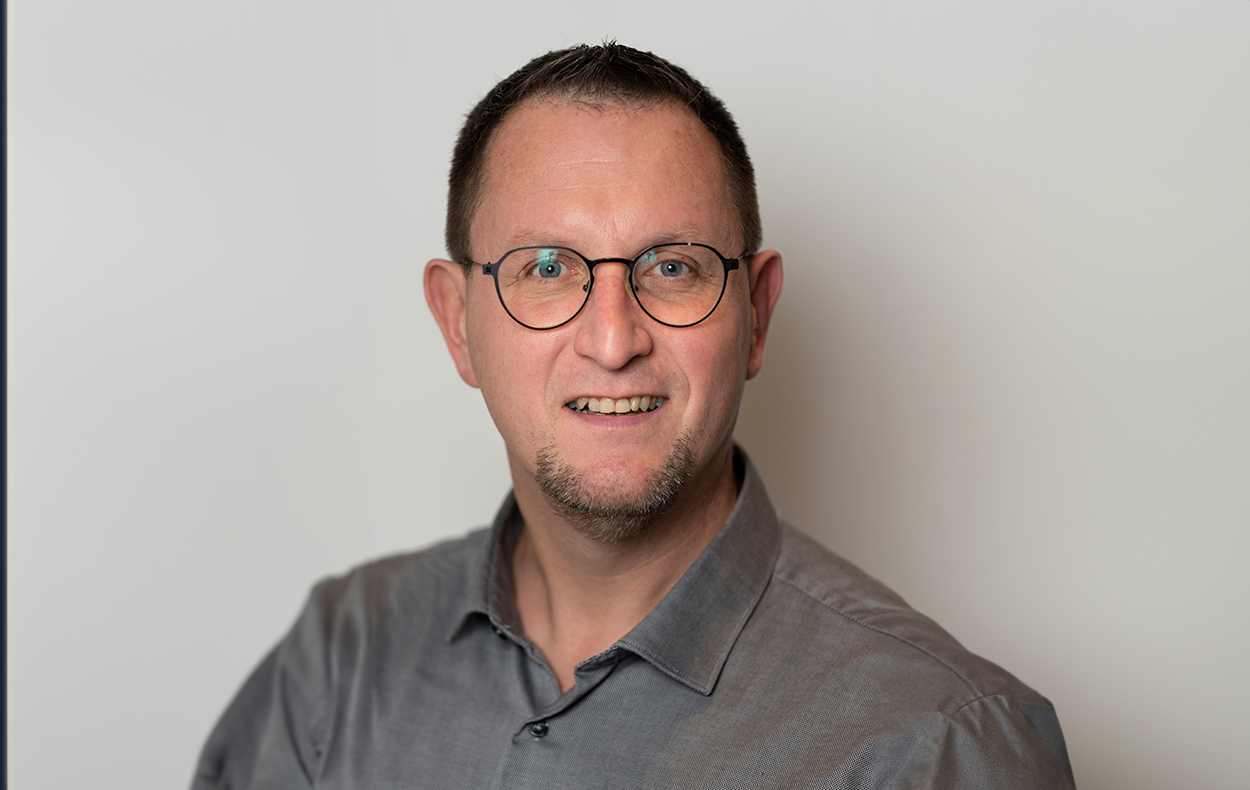What is Quantum Computing?
Programming quantum computers, like the quantum computer itself, is still in its early stages. Quantum computing researchers tend to be physicists, mathematicians, or computer scientists who have a special interest in the mathematical framework of quantum mechanics.
The mathematics underlying quantum mechanics is straightforward linear algebra. The programme for a quantum computer must consider the linear mathematical framework that describes quantum physics. However, nature is not always linear, and scientists want quantum computers to be able to solve non-linear problems. One of the most difficult challenges for quantum computing researchers is writing 'linear software', which can be used to make non-linear problems suitable for processing by a quantum computer.
More possibilities
In Maastricht, researchers from Gravitational Waves and Fundamental Physics (GWFP) and the Department of Advanced Computing Sciences (DACS) are working on quantum computing. Jacco de Vries, a physicist with GWFP, is developing a quantum algorithm for the analysis of colliding particles at CERN's particle accelerator in Switzerland. "Each collision results in a three-dimensional cloud of hits on the detector. Using a line or curve, you can connect the collision's location to each hit on the detector. Reconstructing these connections is a task that a quantum computer can possibly complete much faster than a classical computer."
Physicist Menica Dibenedetto, who coordinates the Quantum Computing Research Team at DACS, studies how artificial intelligence might benefit from quantum computing. She focuses on machine learning. The technique makes use of quite a bit of linear algebra to search for patterns in data, even if those patterns are not linear. "We can exploit entanglement and superposition (see previous story: what is quantum?) to develop algorithms that are able to represent data and detect complex patterns in the data," she claims.
Quantum computers are bringing about the greatest technological breakthrough of this century, or so the promise goes. However, what is quantum, and what are quantum computers? What are the possibilities for using them? In addition, how does one programme a quantum computer? The answers to these questions are explored throughout this collection of five stories. The focus is primarily on the University of Maastricht's speciality, Quantum Computing, which entails programming quantum computers.
- What is Quantum?
- What is Quantum Computing?
- Quantum Computing research
- Education on Quantum Computing
- Quantum Computing Community
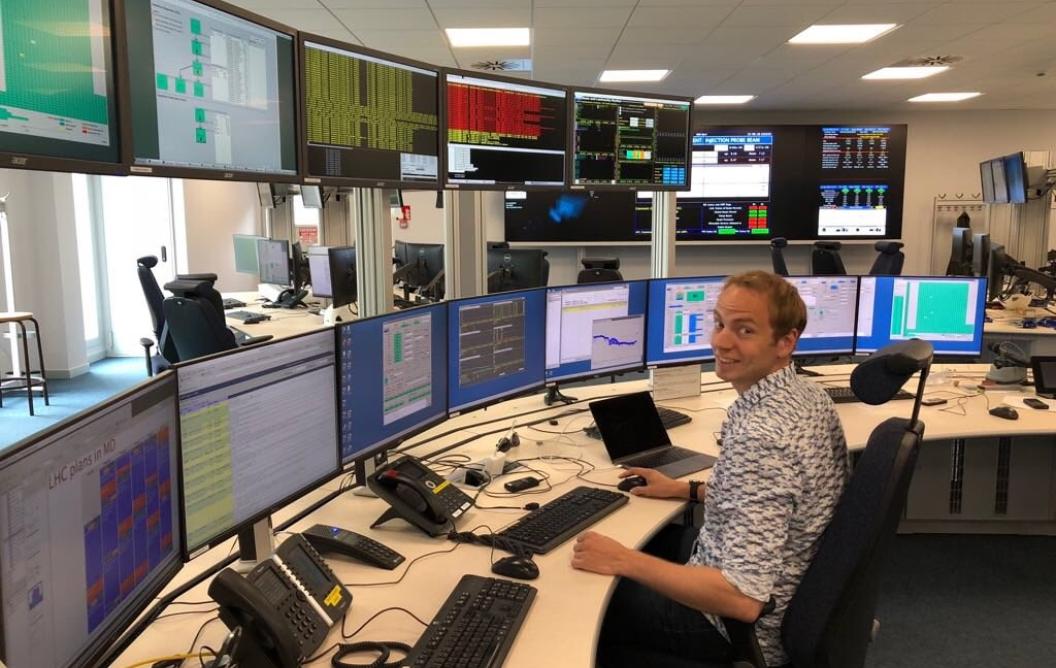
Jacco de Vries in the LHCb control room at CERN
Economic hybrid
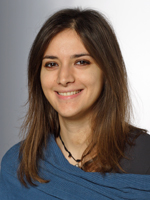
Although flawlessly working and well-programmed quantum computers will make many things conceivable, the classical computer will still have plenty of work to do. Quantum computing experts, such as Menica and her colleagues, are considering the future role of both of these types of computers. "We still lack a benchmark that directly compares the two, but we're working on ways to predict whether a quantum computer has an advantage or not. In doing so, we consider not only computational power but also issues like energy usage. "Who performs calculations more efficiently, the quantum computer or the classical supercomputer?"
Quantum computers are still in their infancy, and the field of theoretical quantum computing appears to be growing faster than the development of the computer itself. Quantum algorithms and other scientific breakthroughs tumble over each other. According to Menica, the contours of the quantum computer's potential applications are gradually becoming obvious. "Currently, the most suitable approach is a hybrid one in which a quantum computer is used exclusively for calculations that benefit most from it. We leave all other calculations, data preparation, and result processing to conventional (super)computers."
The series will resume in the upcoming academic year with an article about Maastricht's research into quantum computing.
Also read
-
"I am proud that our new Circular Plastics group published its first completely in-house research," Kim Ragaert says. She founded the research group three years ago, when she moved to Maastricht. Her work has laid the foundations for many innovations in the field of plastic recycling, and she is...
-
Atoms and smaller elementary particles behave in unusual, sometimes unpredictable ways. It sounds strange, but it is this unpredictability that gives a quantum computer its power. Executing precise calculations with previously unheard-of possibilities in a way that physicists still do not completely...
-
Gerco Onderwater investigates the flavour of the universe while guarding the flavour of the Maastricht Science Programme. On 31 May, during his inaugural lecture, he provided a pre-taste of his work in Maastricht.
